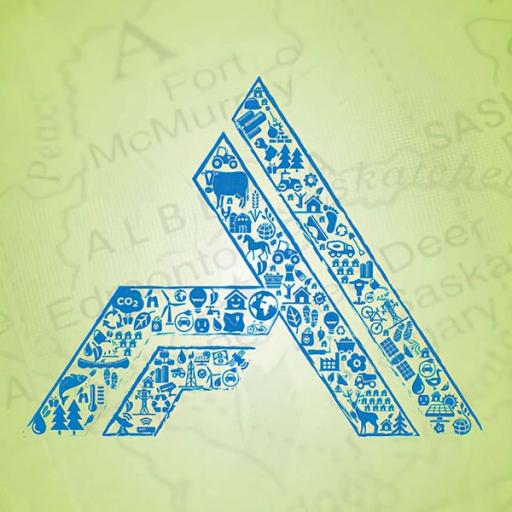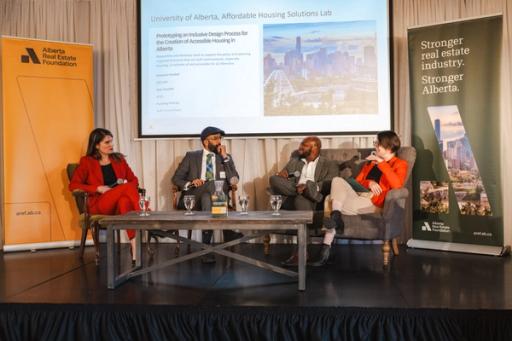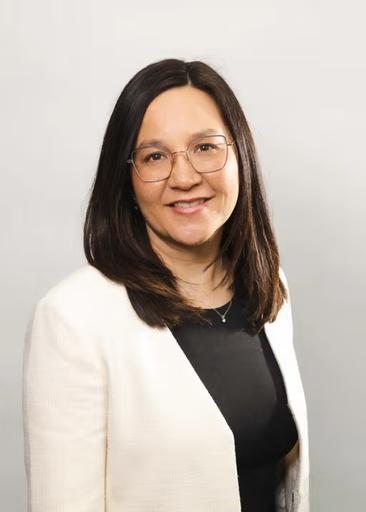March 12, 2020
March 2020 Community Investment

The Board of Governors of the Alberta Real Estate Foundation approved $616,500 in community investment projects at their recent meeting.
The Alberta Real Estate Foundation (AREF) invests in real estate policy, research, practices, and education that strengthen Alberta’s communities. AREF was established in 1991 under the Alberta Real Estate Act. Since then, it has awarded over 22 million dollars in community and industry grants to nearly 630 projects across Alberta.
Projects approved at the March 2020 meeting include:
ANPHA Regional Housing Collective (Alberta Network of Public Housing Agencies) – ANPHA seeks to provide leadership to advance the affordable housing sector and act as a convener and resource to connect stakeholders from a wide variety of sources who could benefit from information sharing, networking and direct support. This project will establish an opportunity for individuals and organizations within the non-profit housing sector to establish strong regional relationships with one another, and both the provincial and national sector. Uniting the sector together will result in a stronger unified voice that can accomplish collectively what could not be done individually.
Cities Institute: Kick-off conference (University of Alberta, School of Business) – The Cities Institute looks to be a global leader in facilitating collaboration in urban research, teaching, and partnerships which will ensure that Edmonton, and other cities in Canada, can benefit from the latest advances in technology and city building. The Cities Institute will launch in spring 2021 with a conference what will engage researchers, teachers, government officers, NGOs, and industry members who are involved in city building. The ultimate goal of the Cities Institute’s conference is to foster ‘city builders’ both on and off campus and kick-start projects that will help to make Edmonton and Alberta a more viable, livable, and competitive city and province.
Condominium Law Education Project (Centre for Public Legal Education Alberta) – This phase of the Condominium Law Education Project will update resources to reflect recent legislative changes while continuing to deliver credible and plain language materials to Albertans, staying up to date on condominium law developments and condo industry issues. This project currently reaches over 70,000 resource users per year, which include condominium buyers, owners, board members and real estate professionals.
Defining Challenges and Opportunities for South Saskatchewan Watershed communities under a rapidly changing climate (University of Lethbridge) – This project will prepare urban and rural communities in the South Saskatchewan Watershed for climate change in two ways. The project will provide an extreme weather events analyses necessary to adapt infrastructure and operations systems to cope with increasing weather stresses. Second, it will provide transition opportunities to renewable energy systems that provide community resiliency, energy security and price stability with a meaningful greenhouse gas management plan.
Diversity Certified (e4c) – e4c and Edmonton Shift Lab will co-develop a training curriculum and toolkit for market landlords and non-market housing providers on the prevention of discrimination in housing. This training will reflect input and collaboration between landlords, housing providers, and renters. Diversity Certified will set up housing professionals for success through encouraging positive and reciprocal relationships between landlords and tenants, through reduced tenant turnover and tenant satisfaction, and through growing more cohesive rental communities where residents from diverse backgrounds are welcome.
Fort Vermilion & Area Seniors’ & Elders’ Lodge (Fort Vermilion & Area Seniors’ & Elders’ Lodge Board 1788) – There is an under-reported demand for supportive living facilities in Fort Vermilion and the surrounding area. The Fort Vermilion & Area Seniors & Elders Lodge Board 1788 is leading a community based initiative to create more supportive living space. By working with subject matter experts in various fields, this group will create a hopefully replicable process for other grassroots movements to follow.
Soil Health: Policy, Science, and Law in Action (University of Alberta, Alberta Land Institute) – The Alberta Land Institute, together with other stakeholders, will engaged in promoting scientific research, government policy, producer practices, and public education and outreach related to soil health. ALI will convene a stakeholders’ working group, conduct a scan (policy, regulatory, governance, and social action) in Alberta and across Canada, and compile a resource guide for policymakers and members of the public.
Welcome to the Lake Program (Pigeon Lake Watershed Association) – The Welcome to the Lake Program engages realtors as healthy-lake stewards to help generate awareness about healthy-lake practices that will protect the lake and support a resilient ecosystem and strong community. This program provides training and resources for Alberta realtors selling properties in watersheds in Alberta. The professional development themes include watershed basics for maintaining a healthy lake, low impact development solutions, and lake wise landscaping with in-person training options for realtors selling in the Pigeon Lake watershed and online options for realtors selling properties in other watersheds across the province. To share their knowledge, this program offers realtors with a welcome stewardship package that they can provide to new home owners.
WellWiki.org Alberta v4.0 & Educating Alberta’s Landowners on Policy Changes (University of Alberta, School of Business) – This project will update WellWiki.org data on more than 600,000 Alberta oil and gas wells; add new features to the website including township search function, inactive and abandoned wells, and municipal tax revenues related to oil and gas activity. It will also make available on WellWiki.org a version of the content developed as part of the Pembina Institute’s Landowners’ Guide to Oil and Gas Development and Primer.
The University will also work with the Pembina Institute on the policy review of oil and gas liabilities by the Government of Alberta. The goal will be to inform landowners on what the proposed policy changes are and how they may potentially impact them. A roundtable will convene various experts in this area including representatives from landowner groups, WellWiki, University of Calgary, government, industry, the Orphan Well Association and the Alberta Energy Regulator. Based on discussion and conclusions from the roundtable, resources will be developed for rural Albertans.
Topic
Similar News


